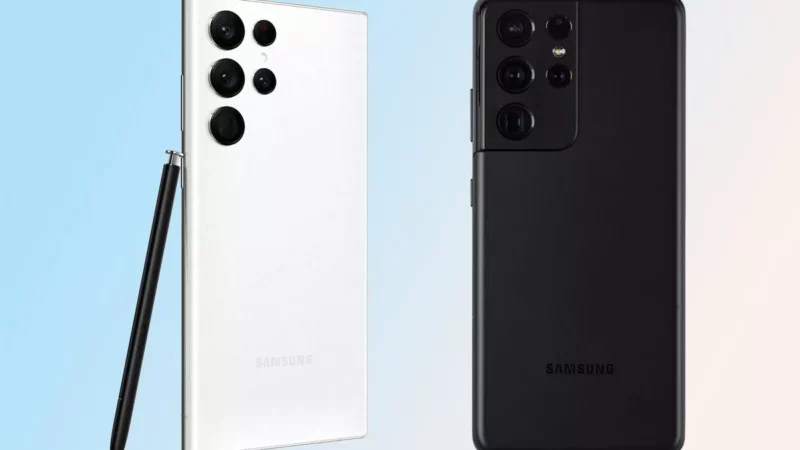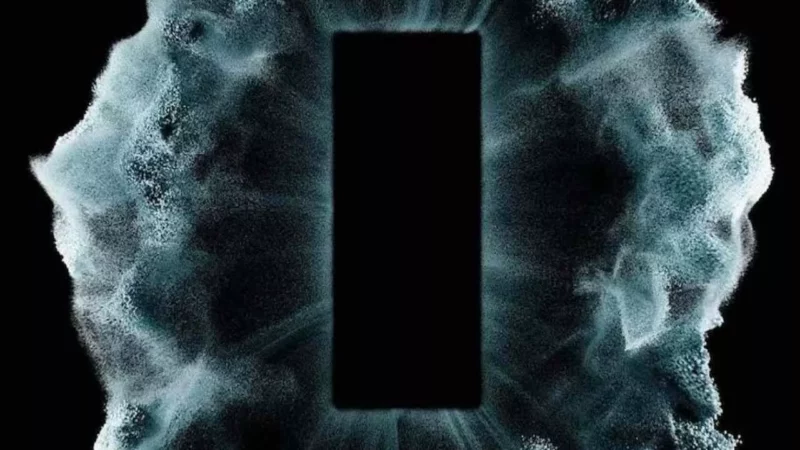On your phone, FCC proposition would keep spam guests from leaving ringless voice messages

It would expect robocallers to get your assent before covertly leaving phone messages.
Organizations would need to acquire your assent prior to leaving an immediate message.
Government Communications Commission (FCC) Chairwoman Jessica Rosenworcel gave a recommendation that could make it a lot harder for robocallers to leave “ringless” phone messages in your inbox without getting your consent first.
Ringless phone messages are those irritating messages that show up in your voice message inbox without your telephone really ringing first.
The Federal Communications Commission could before long make it more hard for phone salespeople to leave ringless voice messages on your cellphone. On Wednesday, Chairwoman Jessica Rosenworcel shared a recommendation that looks to constrain guests to acquire your assent before they can leave a message straightforwardly in your voice message box.
Rosenworcel says the innovation behind ringless phone messages should be dependent upon similar principles spread out by the Telephone Consumer Protection Act (TCPA), which should impede robocallers from dialing your number without your assent.
The TCPA sets various different guidelines also, requiring selling offices to make and keep a “Don’t Call” rundown and banning them from calling homes somewhere in the range of 9PM and 8AM.
The proposition would actually broaden the insurances of the Telephone Consumer Protection Act to cover ringless phone messages. The 1991 law restricts phone salespeople and different gatherings from utilizing robotized frameworks to settle on non-crisis decisions to your cell phone without first getting your assent.
In March 2017, an organization called All About the Message requested that the FCC decide that the TCPA didn’t cover ringless voice messages. Rosenworcel’s proposition would reject that request.
“Ringless voice message can be irritating, obtrusive, and can prompt extortion like other robocalls so it should confront a similar buyer insurance rules,” Rosenworcel said. “This FCC activity would keep on engaging purchasers to pick which parties they allow to reach them.”
“Nobody needs to swim through phone message spam, or miss significant messages in light of the fact that their letter drop is full. This FCC activity would keep on enabling buyers to pick which parties they allow to get in touch with them.”
Rosenworcel’s proposition is a reaction to an appeal documented in 2017 by robocalling organization All About the Message (PDF).
The organization contended robocalls that go directly to voice message shouldn’t be safeguarded by the TCPA, guaranteeing that they’re actually not calls and, consequently, shouldn’t be generalized with the likes of the law. Last year, the FCC began requiring all telephone suppliers to execute a call confirmation administration to assist customers with distinguishing robocalls.
Disclaimer: The views, suggestions, and opinions expressed here are the sole responsibility of the experts. No Money Virtuo journalist was involved in the writing and production of this article.






